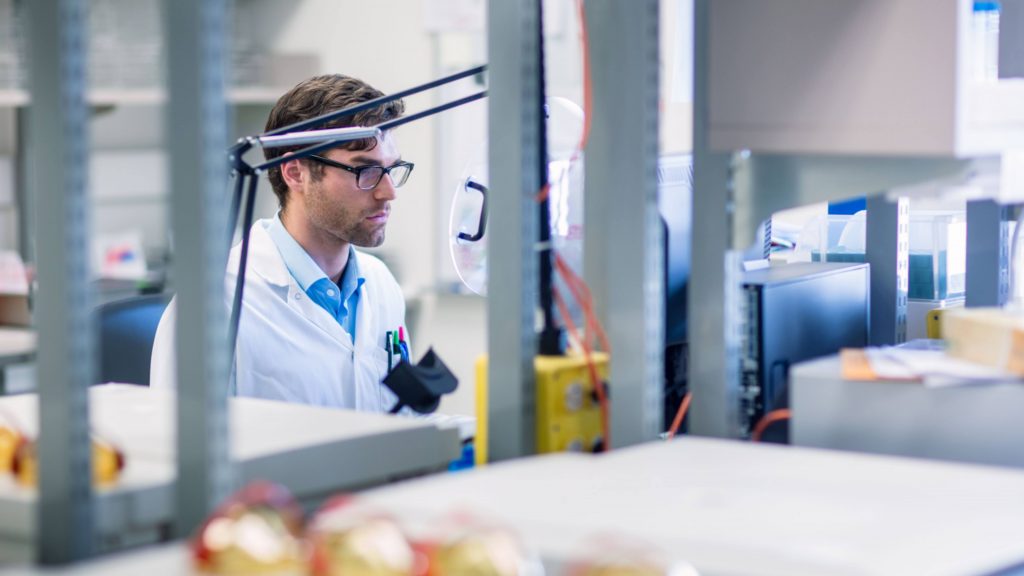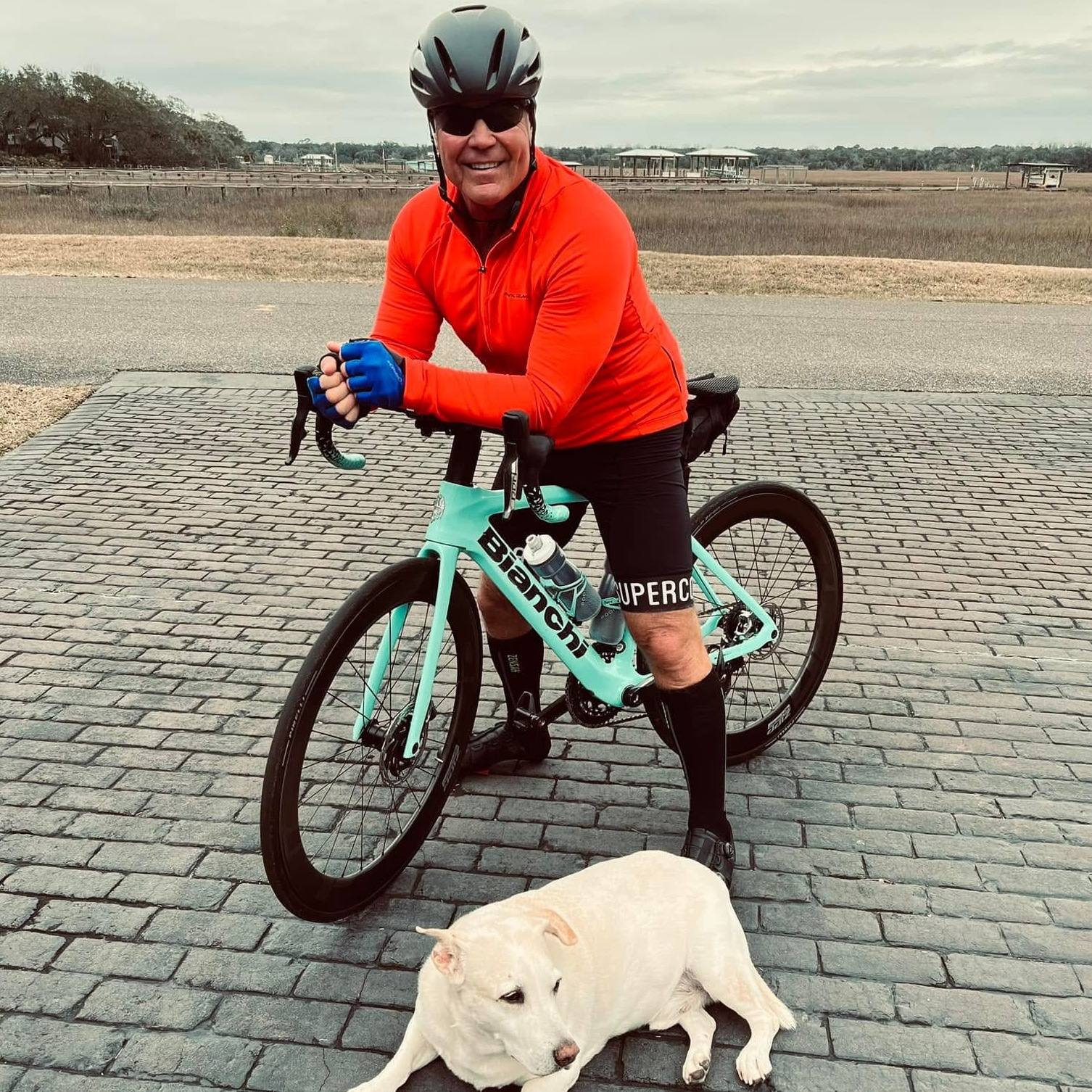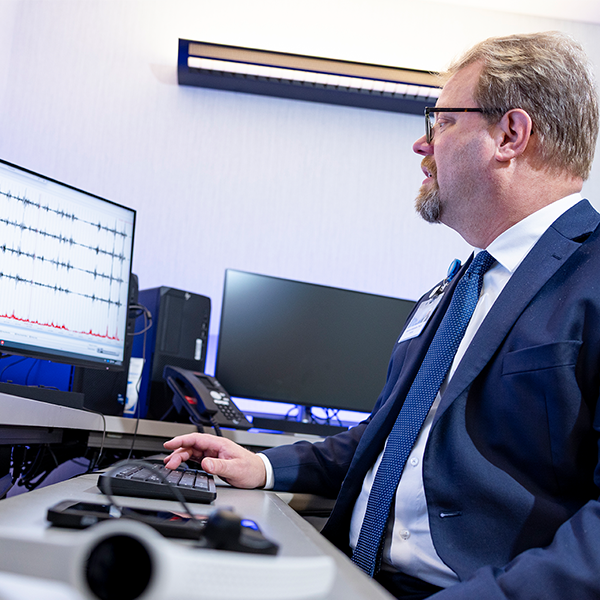-
Mayo Clinic expert answers questions about antibody testing for COVID-19

A new serology, or antibody, test for COVID-19 has been developed and is now in use by Mayo Clinic Laboratories. Unlike the molecular diagnostic test for COVID-19, which determines if someone is currently infected with the SARS-CoV-2, the virus that causes COVID-19, serology tests detect a patient's immune response to the virus by specifically looking for antibodies developed against the virus. These antibodies will attach to and essentially kill the virus.
In this Q&A, Dr. Elitza Theel, director of Mayo Clinic’s Infectious Disease Serology Laboratory, answers questions about antibody testing.
Watch: Dr. Theel answers questions about antibody testing.
Journalists: Sound bites with Dr. Elitza Theel are in the downloads at the end of the post. Please courtesy "Elitza Theel, Ph.D. / Infectious Diseases Serology Laboratory / Mayo Clinic."
Q. What's the significance in knowing who has developed an immune response to the virus?
A. Knowing the true number of individuals who have developed an immune response to the virus is an important component of our public health response to this pandemic because it allows us get a to better sense of the true number of infected individuals, including those who have had mild symptoms and not sought medical care, or those who were entirely asymptomatic. These tests are also able to provide us with a better understanding of the transmission characteristics of this virus, and we can monitor how it spreads through a community or region over time. At the individual patient level, serologic tests can be used to identify individuals who have antibodies to SARS-CoV-2 and may be eligible to donate plasma, which can then be administered to sick individuals to help them fight off the infection.
Q. After recovery, does an individual have complete or partial immunity to COVID-19, and, if so, how long does that last?
A. Because we've really only been dealing with this virus for four or five months, we don't have a good sense of the level or duration of protective immunity that is generated by our immune response after that first infection. Based on prior studies during the SARS (severe acute respiratory syndrome) outbreak in the early 2000s, we know that protective immunity against that virus, which is closely related to SARS-CoV-2, is detectable for about two to three years after infection. There have also been some preliminary studies in monkeys suggesting that they have at least short-term immunity after recovery from COVID-19. So I think the hope and expectation is that we generate at least partial immunity for a short period of time after initial infection, but we really need more studies in this area before we can make any conclusive comments on the duration of protection from reinfection.
Q. Can serologic testing be used to guide return-to-work activities and initiatives?
A. I think it is an intriguing idea, but while we can say that antibody-positive individuals are maybe at lower risk for reinfection, compared to antibody-negative individuals, we still really don't understand how low that risk is, going back to the issue of level of protective immunity. So I think antibody tests will ultimately be another tool for risk management and risk assessment as we develop plans to get everyone back to work. But right now, given what we know, I would be cautious against relying solely on a serologic test result to guide such decisions.
Q. How many serologic tests can Mayo Clinic Laboratories perform daily?
A. We actually have a testing capacity of approximately 10,000 antibody tests per day between our internal Mayo Clinic practice and the external Mayo Clinic reference laboratory practice, so that's quite a lot. As the need evolves and increases, we do plan to be able to meet that need and increase our testing capacity as appropriate.
For the latest updates on the COVID-19 pandemic, check the Centers for Disease Control and Prevention website. For more information and COVID-19 coverage, go to the Mayo Clinic News Network and mayoclinic.org.







